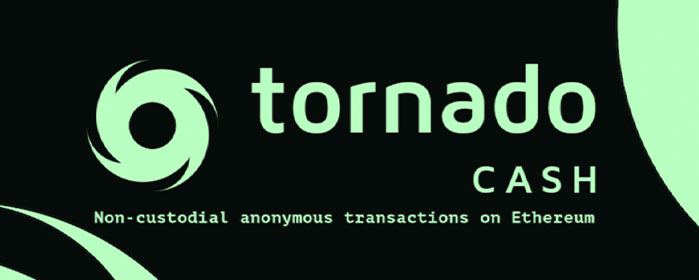TL;DR
- Alexey Pertsev, developer of Tornado Cash, faces accusations of money laundering totaling over $1.2 billion according to a Dutch indictment.
- The developer is scheduled to appear in court on March 26 in the Netherlands.
- The accusations focus on 36 allegedly illicit transactions through the cryptocurrency mixer Tornado Cash.
In a striking legal development, Alexey Pertsev, the developer of Tornado Cash, has been accused of laundering over $1.2 billion in dirty money, according to a Dutch indictment.
The indictment, obtained by DL News, details that Pertsev had made money laundering a habit, according to the three-page document written in Dutch revealed on Tuesday.
Pertsev, who is scheduled to stand trial in the Dutch city of ‘s-Hertogenbosch starting March 26, has vehemently denied violating money laundering laws since his arrest in August 2022.
The accusation focuses on 36 allegedly illicit transactions carried out through Tornado Cash, a cryptocurrency mixer that obscures transaction tracking.
One of these transactions involves over 175 ETH and originates from Ronin Bridge, a protocol linked to the popular game Axie Infinity.
Ronin Bridge suffered a $625 million hack in 2022, reportedly linked to the North Korean cyber group Lazarus.

The legal and social significance of this case against Pertsev cannot be underestimated
Pertsev has become a symbol of controversy over the extent of state involvement in cryptocurrency-related crime.
While he denies the accusations, Dutch prosecutors have presented evidence suggesting his involvement in illicit activities.
The case has significant implications for the cryptocurrency community as a whole.
A guilty verdict could have a chilling effect on developers and the open-source community, as they may fear legal repercussions for working on projects that could later be deemed suspicious by authorities.
Support for Pertsev has been varied and strong.
From companies like Coinbase to Ethereum developers like Preston Van Loon, numerous advocates have argued that software development cannot be equated with money laundering participation.
This case, therefore, represents a turning point in the debate on responsibility and legality in the cryptocurrency space.

